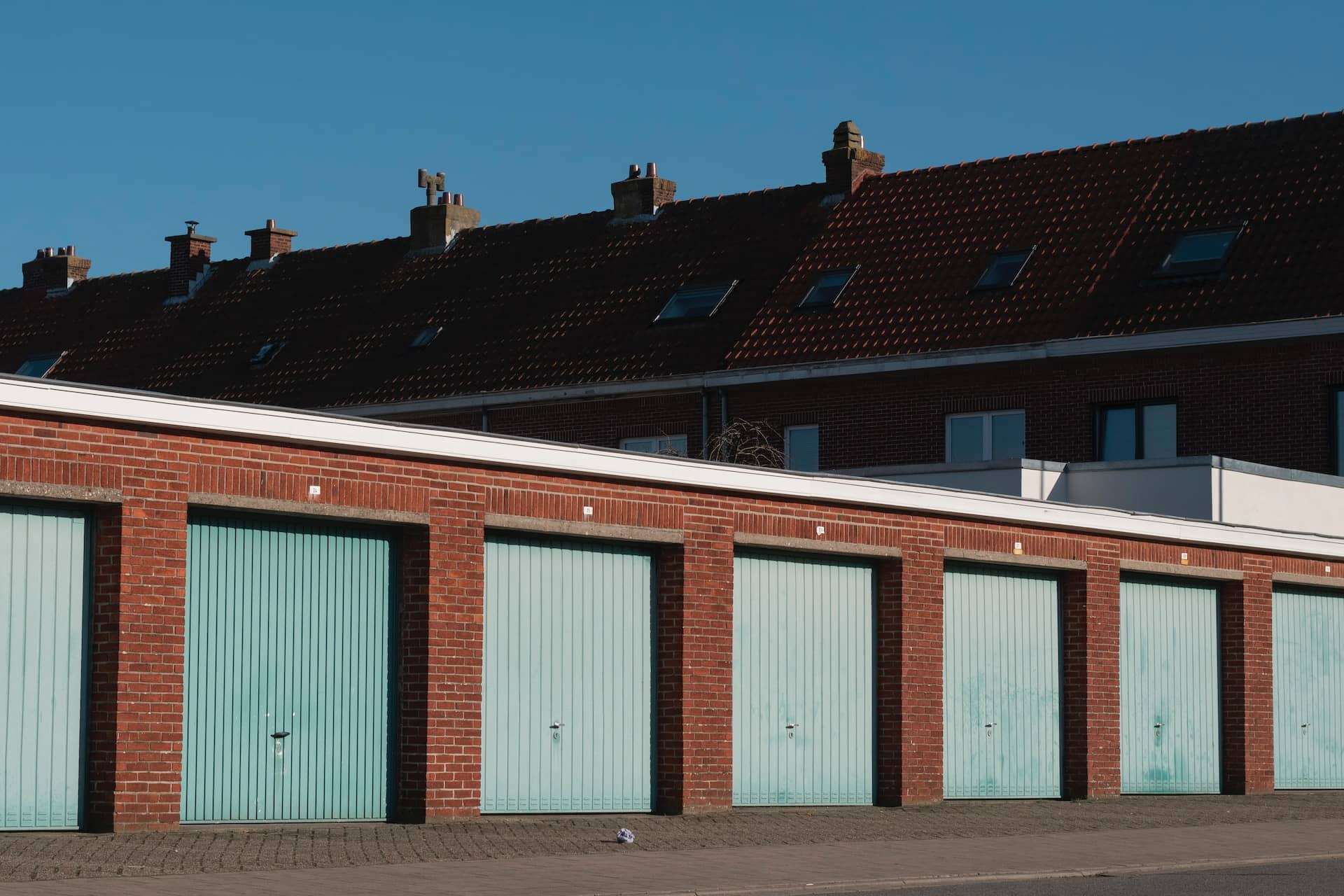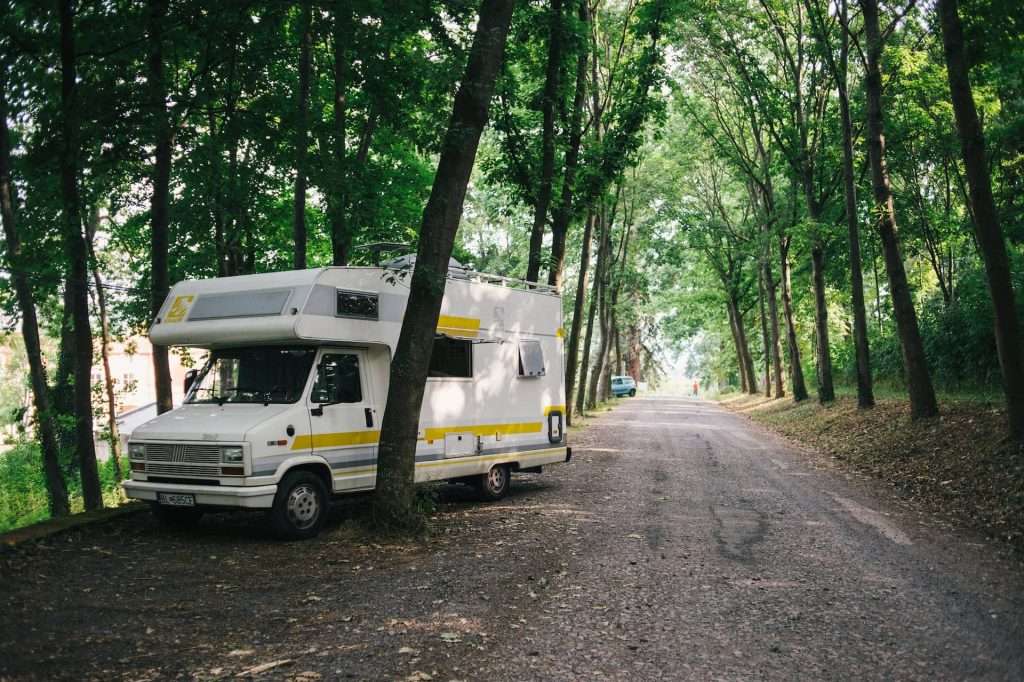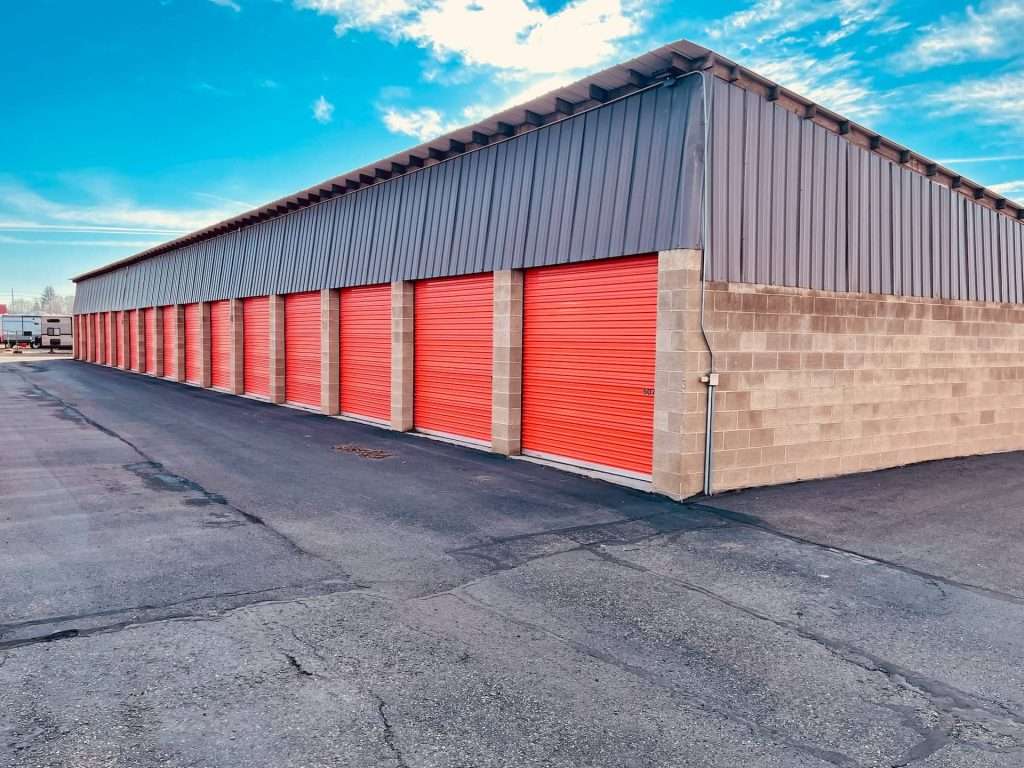
RV Storage In Houston Texas: All Of Your Questions Answered
Take it from me, understanding the ins and outs of RV storage in Houston Texas is a crucial aspect of maintaining your mobile home’s longevity and performance in the Lone Star State.
Whether you are a seasoned RV owner or a first-time buyer, the question of where to store your RV when it’s not in use is a common concern.
In this comprehensive guide, I’ll answer all of your questions related to RV storage in Houston Texas, so you can rest easy knowing your home-on-wheels is safe and well-preserved for your next adventure. Let’s dive right in!
RV Storage In Houston Texas: Where Can You Store Your RV?
When it comes to RV storage in Houston Texas, you essentially have two options – storing it on your own property or finding a suitable location elsewhere. The choice largely depends on the availability of space, local ordinances, and your personal preferences.
If you have a large driveway or yard, storing your RV on your own property could be a convenient and cost-effective solution. However, it’s crucial to check with your local homeowner’s association or city codes, as some places have restrictions on RV parking.
You’ll also want to consider the security and protection of your RV from the elements. On the other hand, if your property isn’t suitable or you prefer a more secure location, there are plenty of RV storage facilities available across Texas.
These can range from simple outdoor lots to covered or indoor spaces with enhanced security features and amenities. While this option might come with a fee, the peace of mind and extra services often make it worth the cost. Remember, the key is to find a storage solution that offers a balance between accessibility, security, and affordability.
RV Storage In Houston Texas: How Much Does It Cost?
Determining the cost of RV storage in Houston Texas depends largely on a variety of factors. The type of storage, the size of your RV, the location of the storage facility, and the amenities it offers all play a role in the price you’ll pay.
Outdoor, uncovered storage tends to be the most economical option and can range from approximately $30 to $100 per month. This type of storage is essentially a secure parking lot where you can park your RV. However, it provides the least protection from the elements.
Covered or indoor storage offers more protection from the weather and typically ranges from $50 to $125 per month for basic covered storage, while fully enclosed units can cost $100 to $450 or more, depending on the size and the amenities offered.
In addition, some facilities offer premium services like climate-controlled units, electricity hookups, or RV washing and maintenance services. These will understandably come with a higher price tag.
Remember, it’s important to weigh the cost of storage against the protection and services it provides. While you may pay a bit more for certain amenities, they could save you money in the long run by helping to prevent damage to your RV. Always take the time to shop around, compare prices, and consider your RV’s specific needs when deciding on a storage solution in Texas.
RV Storage In Houston Texas: What About Weather Or Climate Considerations
When considering RV storage in Houston Texas, it’s important to be aware of the impact that the state’s climate can have on your vehicle. Texas is known for its intense heat, strong winds, and occasional hail storms, all of which can wreak havoc on an RV if not properly protected.
Texas’s relentless sun can cause significant exterior damage over time. The UV rays can fade paint, degrade rubber seals, and cause your tires to crack. Given these factors, storing your RV in an enclosed space such as a garage or a covered storage unit is highly recommended. This type of storage offers the most comprehensive protection against the elements, keeping your RV safe from sun damage and extreme temperatures that can harm the battery and other internal components.
If enclosed storage isn’t an option, you should consider investing in a high-quality RV cover. RV covers are designed to reflect sunlight and protect against UV damage. They also offer protection from dust, bird droppings, and rainfall, making them a viable option for those who choose outdoor storage.
Another aspect to consider is ventilation. If your RV is stored for a long period, ensuring adequate airflow can prevent mold and mildew from forming. This is particularly important in parts of Texas with high humidity.
In summary, Texas’s climate necessitates careful consideration of your RV storage options. Always opt for the highest level of protection you can afford to ensure your RV stays in optimal condition, ready for your next journey.
RV Storage In Houston Texas: Additional Tips
Properly storing your RV isn’t just about finding the right location or considering weather and climate, it also entails a range of other considerations to ensure your vehicle remains in optimal condition.
Keep Pests Out
One crucial aspect is pest control. Rodents and insects can cause significant damage to an RV when it’s in storage. Seal potential entry points, remove any food items, and thoroughly clean your RV before storing to discourage unwelcome guests. Some RV owners also use natural repellents like peppermint oil to keep rodents at bay.
Think About Anti-Theft Protection
Investing in anti-theft protection is also advisable. Depending on your storage choice, this may include high-quality locks, a sophisticated alarm system, or a storage facility with robust security measures like CCTV, perimeter fencing, and 24/7 security personnel.
Turn Off And Drain Everything
Before you lock up your RV, ensure all appliances and equipment are turned off, particularly your propane system and water pump. Also, drain all the water systems, including fresh, gray, and black tanks, to avoid any issues with freezing or bacteria growth.
Check Up On Your RV
During the storage period, check on your RV periodically. This will allow you to spot any issues before they become major problems early on. It also allows you to run the engine and generator for a bit, which can help prevent mechanical issues.
Get An RV Cover
And last but not least, consider investing in a good-quality RV cover if you’re storing your RV outdoors. This will help protect it from sun, rain, and hail damage and can extend the life of your RV’s exterior and tires.
FAQs About RV Storage In Houston Texas
What is the best surface to store an RV on?
The ideal surface for storing an RV is a level, hard surface like concrete or asphalt. These surfaces provide stability and help prevent sinking or tilting, which can occur on softer surfaces like grass or dirt.
In addition, hard surfaces help reduce the risk of damage from moisture coming up from the ground. If you have to park on a softer surface, consider using RV pads or thick plywood under the wheels to distribute weight and prevent sinking.
Should you put stabilizers down when storing campers?
It’s generally a good idea to put stabilizers down when storing your RV. The stabilizers help take some of the weight off the tires, which can help prevent flat spots from developing during long storage periods.
However, remember that stabilizers are not designed to bear the entire weight of the RV. They are meant to provide stability and should be used with properly inflated tires and, if needed, additional support blocks under the frame.
Final Thoughts
Navigating the world of RV storage in Houston Texas can feel overwhelming, but with the right information and a well-considered plan, it doesn’t have to be. By understanding your options for storage locations, taking into account Texas’ diverse weather conditions, assessing costs, and implementing additional storage tips, you can help ensure your RV stays in the best possible shape during its downtime.
Whether you’re storing your RV during the off-season or in between adventures on the open road, remember that the ultimate goal is to protect your investment so that it’s ready for you to enjoy whenever you wish. Don’t overlook the important steps of preparing and protecting your RV for storage, from pest prevention to regular check-ins.
With careful preparation and regular maintenance, you can rest easy knowing that your home-on-wheels is safe, secure, and ready for your next Texas-sized adventure!







